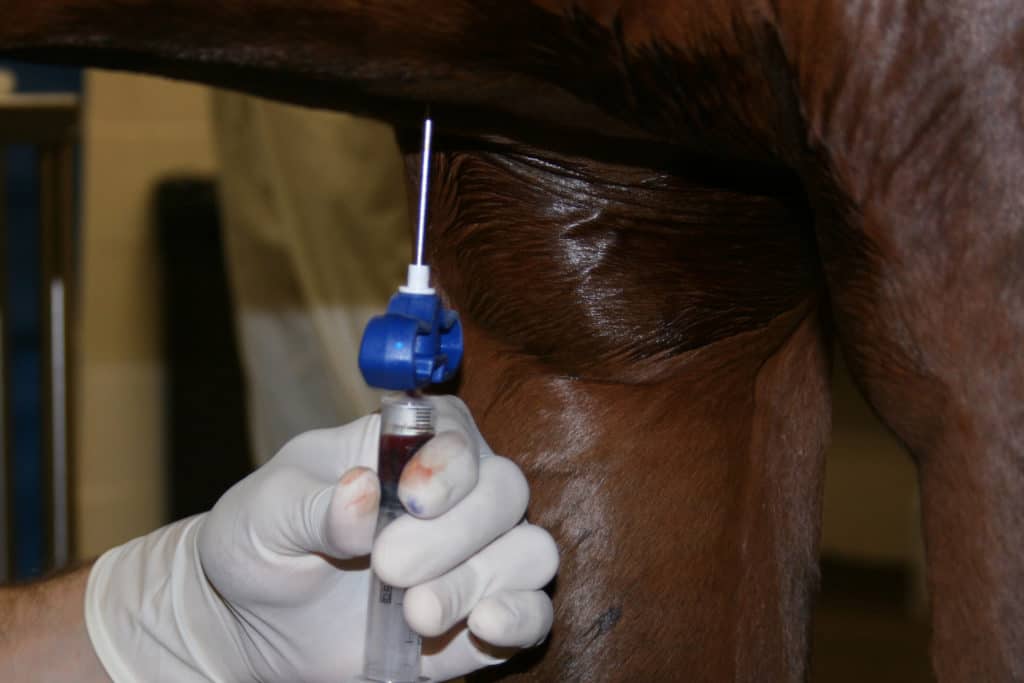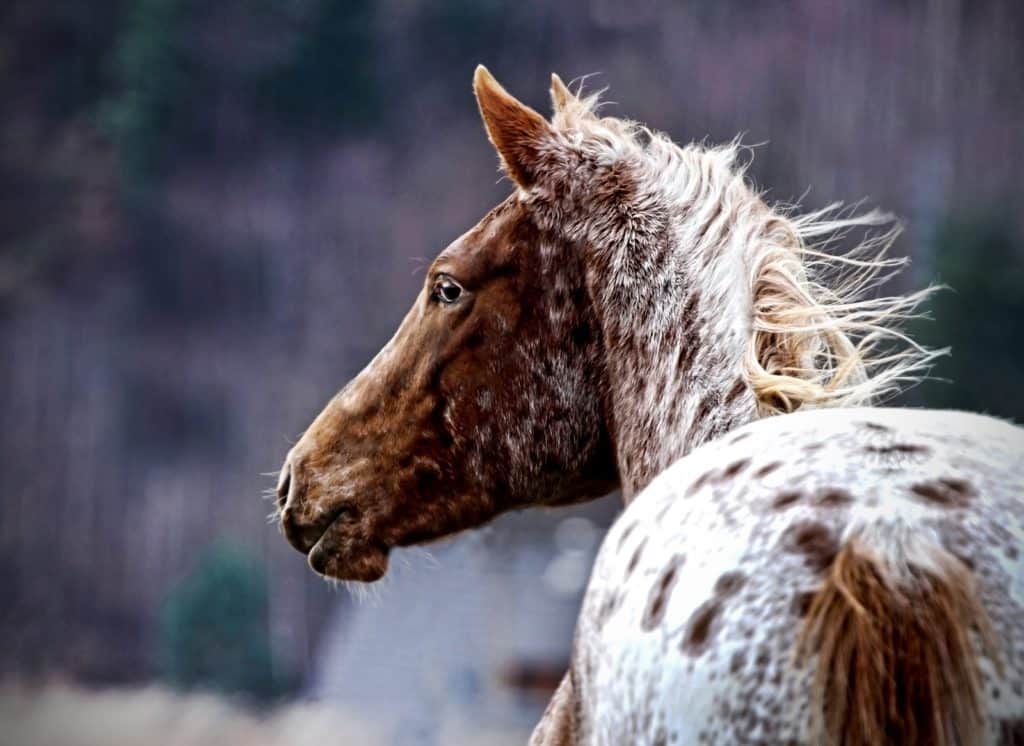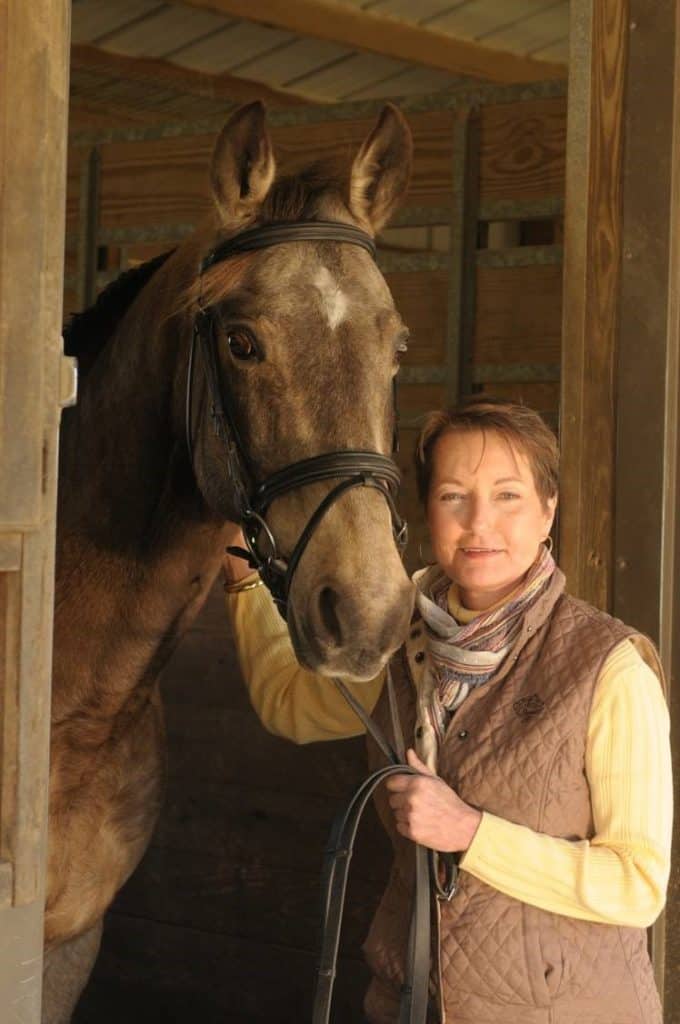
Y-Chromosome DNA Diversity Gives Insight Into Early Horse Breeding
Researchers know the modern domestic horse is the result of thousands of years of selective breeding. But they’re still striving to understand how and when equine breeding programs got started and evolved.






























